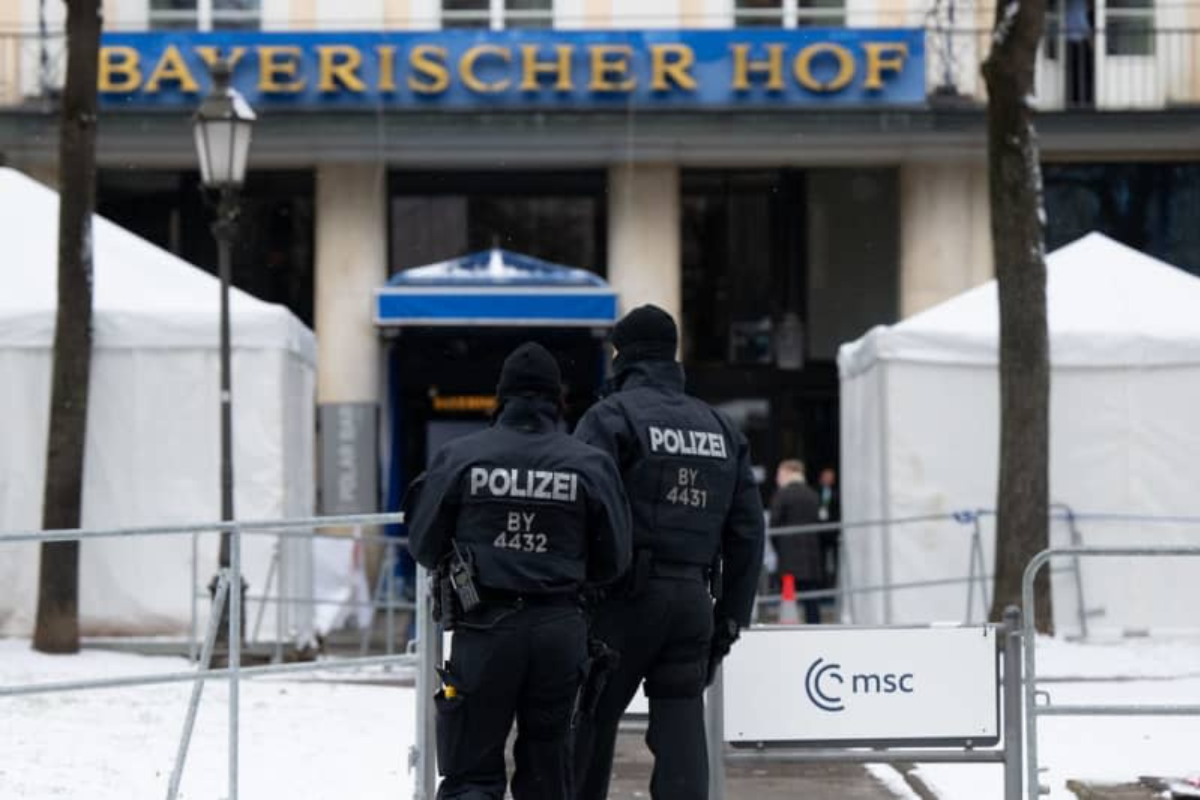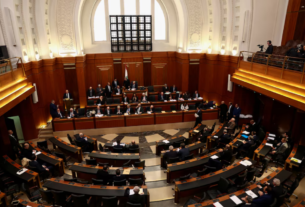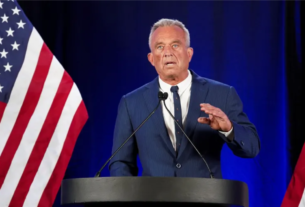The Munich Security Conference concluded with a hopeful message about the future of the European Union (EU) and its potential for expansion. Leaders from around the world gathered to discuss security challenges, including the war in Ukraine, and many expressed strong support for expanding the EU to include more countries.
“We believe that EU enlargement is a key element in securing peace in Europe,” said Ursula von der Leyen, President of the European Commission. “The EU has always been a force for stability.” This sentiment reflects growing optimism among EU leaders about the possibility of extending the union to the Balkans and Eastern Europe, regions that have long sought EU membership.
The conference saw discussions about how expansion could strengthen the EU’s influence on the global stage. Adding new members would not only bolster Europe’s economic and political power, but also help address security concerns, particularly with Russia’s aggression in Ukraine. Many EU leaders argue that the inclusion of more countries would solidify Europe’s unity and help prevent further destabilization.
The focus on enlargement comes at a critical time, as the EU faces challenges related to its current members, especially in terms of internal divisions. However, the ongoing conflict in Ukraine has led to increased support for expansion, with countries like Ukraine, Moldova, and Georgia seeking closer ties with the EU. Their desire to join the union reflects the broader hope that membership will provide security and economic opportunities.
Despite the optimism, EU expansion is not without its challenges. Some member states are hesitant to accept new members due to concerns over the economic impact and the potential for further political division. Countries like France and the Netherlands have expressed caution, arguing that the EU needs to focus on internal reform before adding new members.
“There is no rush to expand,” French President Emmanuel Macron said during the conference. “The EU must first ensure that its current members are united.” Macron’s comments highlight the delicate balance the EU must strike between promoting enlargement and maintaining cohesion among its existing members.
However, many in the EU believe that expansion is essential for long-term stability. Countries like Poland and the Baltic states strongly support the inclusion of Ukraine and others, viewing it as a necessary step to counter Russian influence in the region. The EU’s ability to unite in the face of external threats is a key factor in determining whether enlargement will move forward.
As the conference concluded, the message was clear: EU expansion is on the table, but it will require careful negotiation and consensus-building. The process of adding new members is complex and will take time, as candidate countries must meet a range of political, economic, and legal requirements. However, the support for enlargement signals that the EU is looking toward a future where its influence extends beyond its current borders.
The EU’s message of optimism at the Munich Security Conference highlights a vision for a stronger, more united Europe. For countries seeking membership, the promise of security and prosperity could be a powerful motivator. As the EU faces growing global challenges, expansion could play a crucial role in ensuring its stability and influence in the coming years.




